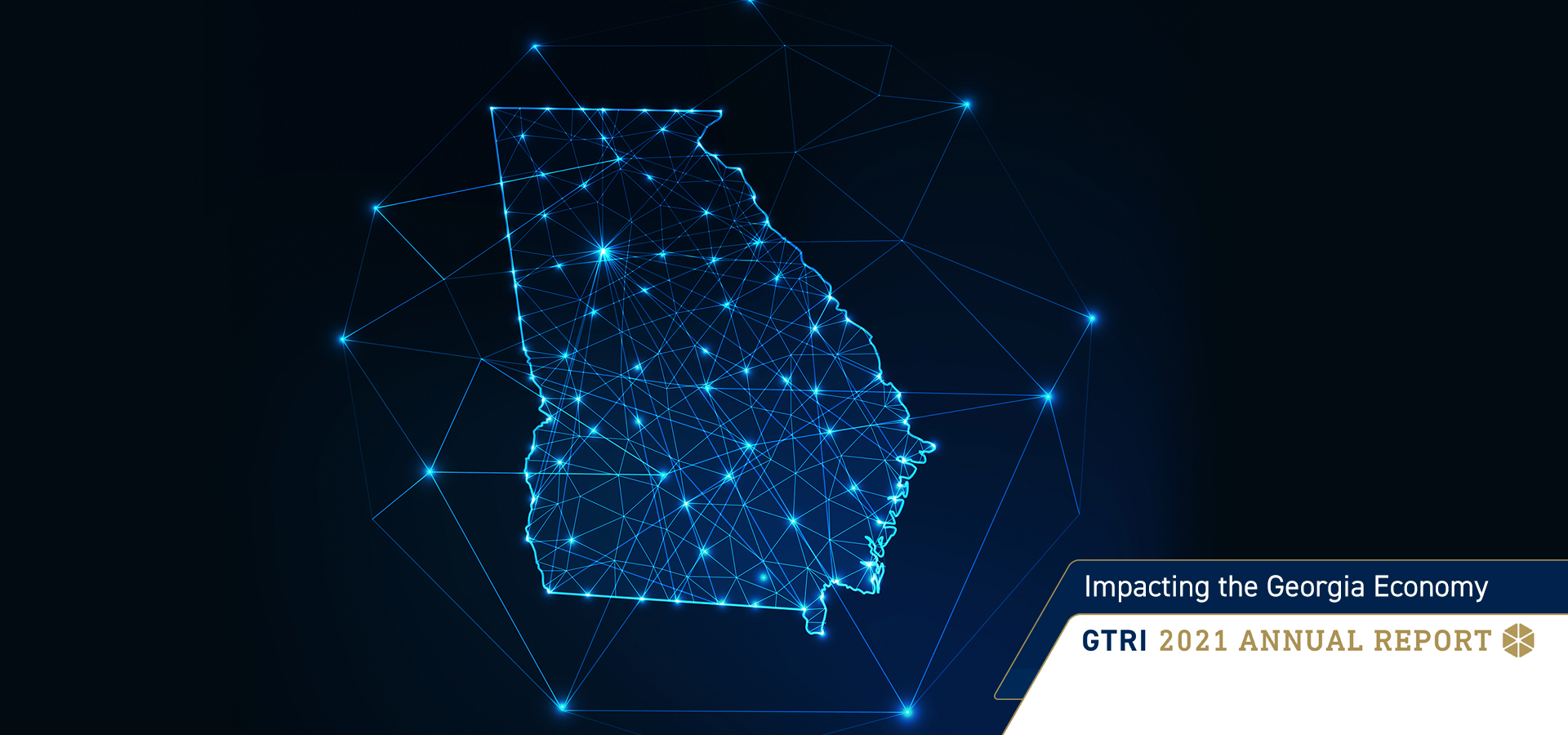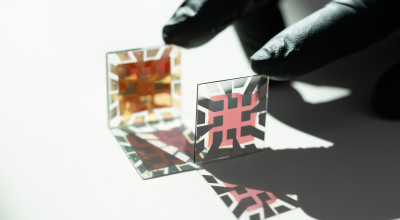
Many of the digital services that we often take for granted in metropolitan areas such as Atlanta – including high-speed internet access and unlimited data – are still out of reach for many cities and counties in rural Georgia.
According to recent estimates, 1.6 million Georgians lack access to high-speed internet service, and in Georgia school systems with fewer than 1,000 students, 56% of households do not have high-speed internet available.
This year, as part of the Georgia Smart Communities Challenge (Georgia Smart), the Georgia Tech Research Institute (GTRI) and Georgia Institute of Technology (Georgia Tech) are exploring ways to enhance rural connectivity in Georgia – a mission that is seen as vitally important amid the pandemic-driven shift to remote work and distance learning.
The 2021 cohort includes the cities of Woodbury and Concord, and Pike and Spalding counties. The cohort is working with researchers at Georgia Tech to expand and enhance connectivity and explore additional applications to improve their services, efficiencies, and cost savings during the Georgia Smart program, which serves each participating community for 2 years
Some of Georgia Smart's past projects have included more high-tech endeavors – from exploring an autonomous shuttle system in downtown Chamblee to creating a smartphone app designed for parents in Milton to ensure their kids are safe on the walk to school.
But this year, ensuring all the communities have reliable access to basic connectivity remains at the forefront of the team's efforts.
"As we received applications from the communities and began to understand their needs, the project quickly morphed into addressing the need for basic connectivity," said Greg McCormick, a GTRI senior research engineer and Georgia Smart director. "People in many of these cities and counties can't even stream a movie or video chat with their friends and loved ones because the signal is so slow or they have no service at all."
McCormick noted that rural Georgia's connectivity challenges have been exacerbated by Covid-19, which has required many of the communities to park school buses equipped with Wi-Fi hotspots in McDonald's parking lots so that students can attend “virtual” school. McCormick also provided the anecdote of one community member who lacks broadband internet coverage and has to use their cellphone as a hotspot to access the internet.
"These communities either have low connectivity or zero connectivity," said McCormick. "This really came to the forefront of people's minds during the pandemic when kids were essentially required to learn virtually."
In this year's cohort, Georgia Tech researchers will provide the communities with technical and research support at no charge for two years. Such assistance includes assessing technology alternatives, community engagement, project planning, pilot implementation, results evaluation, and funding models and opportunities. Program funding originates from many sources, including Georgia Tech, the Georgia State Government, and local industry partners.
McCormick noted GTRI and Georgia Tech's involvement with Georgia Smart represents an exciting opportunity for both organizations to expand their footprint beyond Atlanta and improve the lives of more people in underserved parts of Georgia.
Beyond providing basic connectivity services to rural Georgia, McCormick hopes to expand the project into the areas of agricultural technology, workforce development, and healthcare.
"The thought of being able to speak to a doctor from your home in rural Georgia where you might have to drive an hour to go to a hospital or meet with a doctor is exciting," said McCormick, who added: "This project is not just about developing a technology and getting that technology out into the field. It's really about building better communities that can benefit from the technology."
Georgia Smart is a program that supports local governments of any size within the State of Georgia—cities, counties, and consolidated city-county governments—by providing access to technical assistance, expert advice, and a network of peers.
Here are the other Georgia Smart communities Georgia Tech has worked with over the years:
- City of Albany
- City of Chamblee
- Chatham County
- Clayton County
- Columbus Consolidated Govt
- Gwinnett County
- Macon-Bibb County
- City of Milton
- City of Sandy Springs
- City of Savannah
- City of Valdosta
- City of Woodstock
Writer: Anna Akins
Photo: iStock
GTRI Communications
Georgia Tech Research Institute
Atlanta, Georgia USA
![]()
RETURN TO 2021 ANNUAL REPORT HOME
The Georgia Tech Research Institute (GTRI) is the nonprofit, applied research division of the Georgia Institute of Technology (Georgia Tech). Founded in 1934 as the Engineering Experiment Station, GTRI has grown to more than 2,800 employees supporting eight laboratories in over 20 locations around the country and performing more than $700 million of problem-solving research annually for government and industry. GTRI's renowned researchers combine science, engineering, economics, policy, and technical expertise to solve complex problems for the U.S. federal government, state, and industry.
Learn more at www.gtri.gatech.edu and follow us on LinkedIn, Twitter, Facebook, and Instagram.



